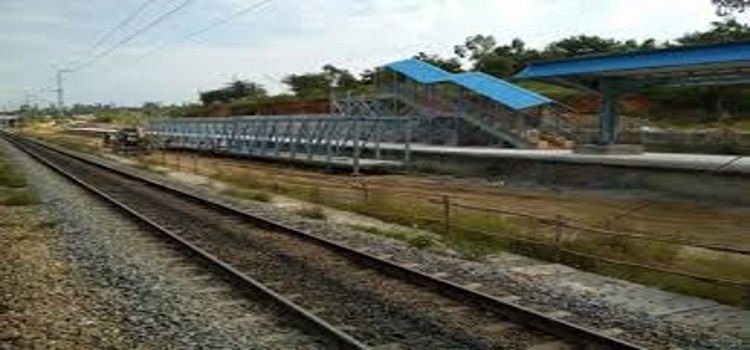
In a major set back to Railways, the National Tiger Conservation Authority (NTCA) has rejected the proposed 168.28-km broad gauge railway line from Hubballi (South Western Railway) to Ankola (Konkan Railway) as it passes though dense forest cover of the Western Ghats comprising three elephant corridors, a tiger reserve and a wildlife sanctuary. This region is a biodiversity hotspot and a world heritage site and the project, if implemented, NTCA says will fragment the old migration path of elephants and break the habitat connectivity of tiger reserves.
Last July, the Regional Empowered Committee (REC) of the Ministry of Environment, Forests (MoEF) had recommended stage-1 clearance for the project, however, with many conditions. The REC had asked the Railways to go in for more tunnels. So the new proposal submitted by Railways included 34 tunnels and nine stations but requiring more forest land.
Also, REC asked them to revise the mitigation measures being taken, including construction of underpasses for wildlife. At the 48th Meeting of the Standing Committee of the National Board of Wildlife held on Wednesday under the chairmanship of Union Environment and Forest Minister Harsh Vardhan, the IGF (WL), MoEF, informed that the ‘site inspection committee’ of NTCA had not recommended the project and rejected it.
According to the IGF (WL), the project involves diversion of cumulative forest land of 595.64 hectare area from three elephant corridors for the construction of this broad gauge line. The IGF (WL) added, “State chief wildlife warden had recommended the proposal with the condition that the mitigation measures suggested by IISc, Bengaluru, must be strictly implemented. The official had stated that post-facto approval of the project will be taken in the forthcoming meeting of the Karnataka State Wildlife Board.”
Wildlife experts had noted that out of the six tiger occupied landscapes of India, currently the Western Ghats landscape is highly dynamic and shows spatial and temporal variation. Moreover, recent research has highlighted that future of tigers in India depends on conserving the habitat connectivity of isolated tiger population of tiger reserves.
Welcoming the move, wildlife activist Giridhar Kulkarni said, “I request the Centre to scrap the project as it will have an everlasting and adverse impact on the precious biodiversity.”
SERIOUS ECO-CONSEQUENCES
- 596 ha deforestation
- Loss of wildlife habitats
- Felling of two lakh trees
- 34 tunnels and 9 stations requiring more forest lands
